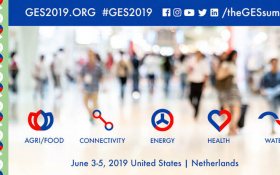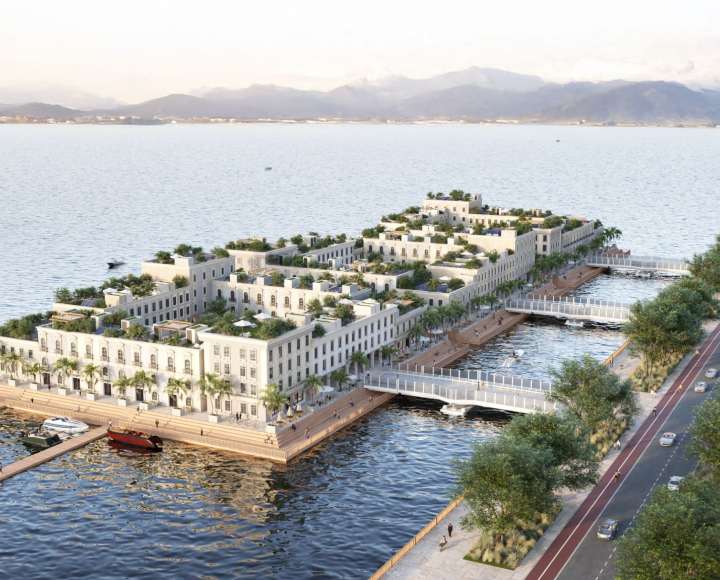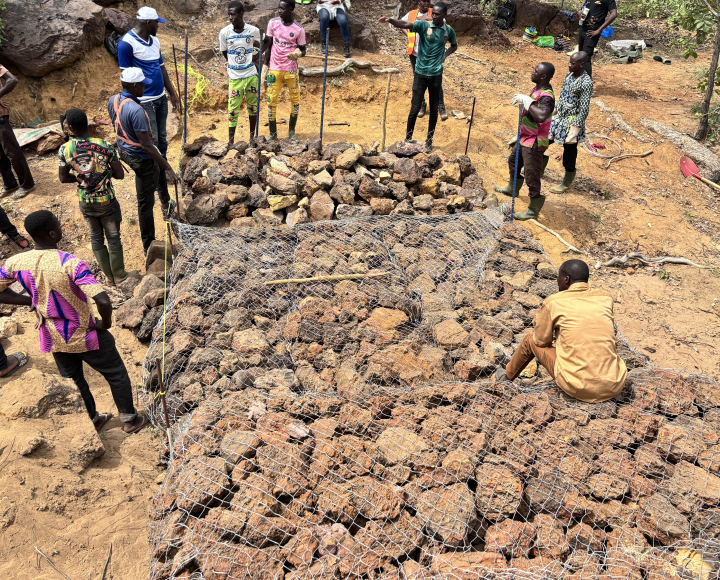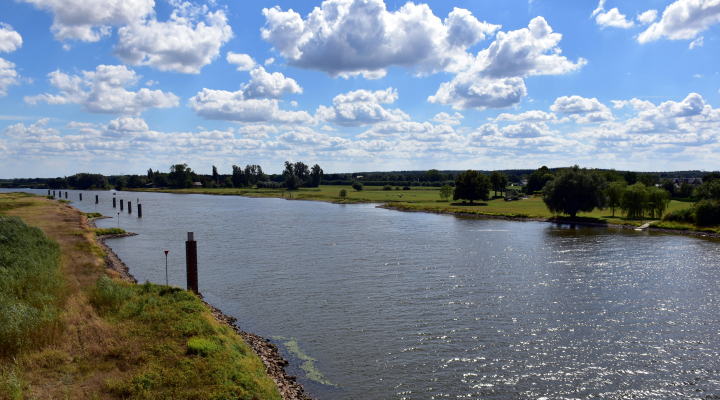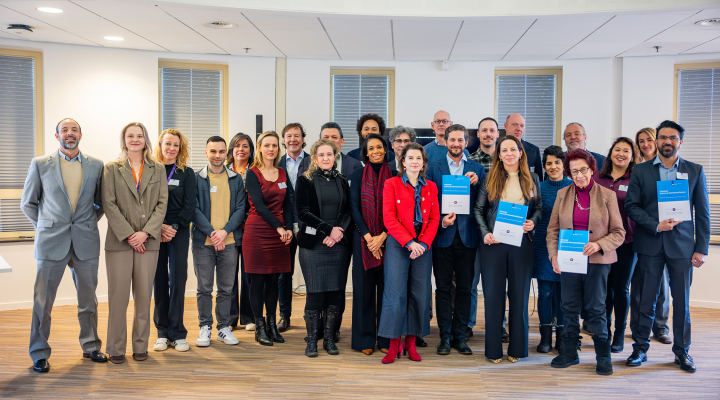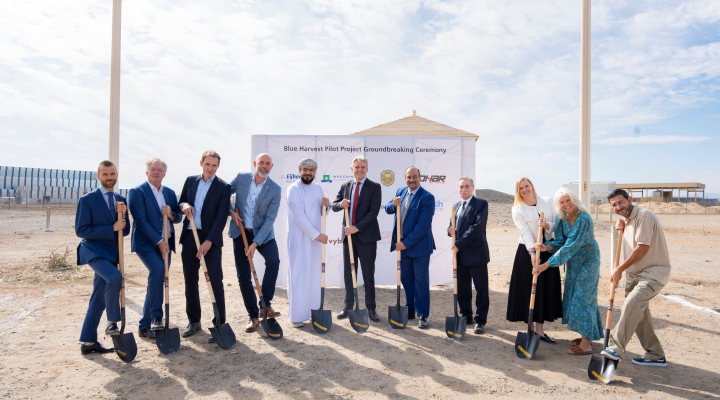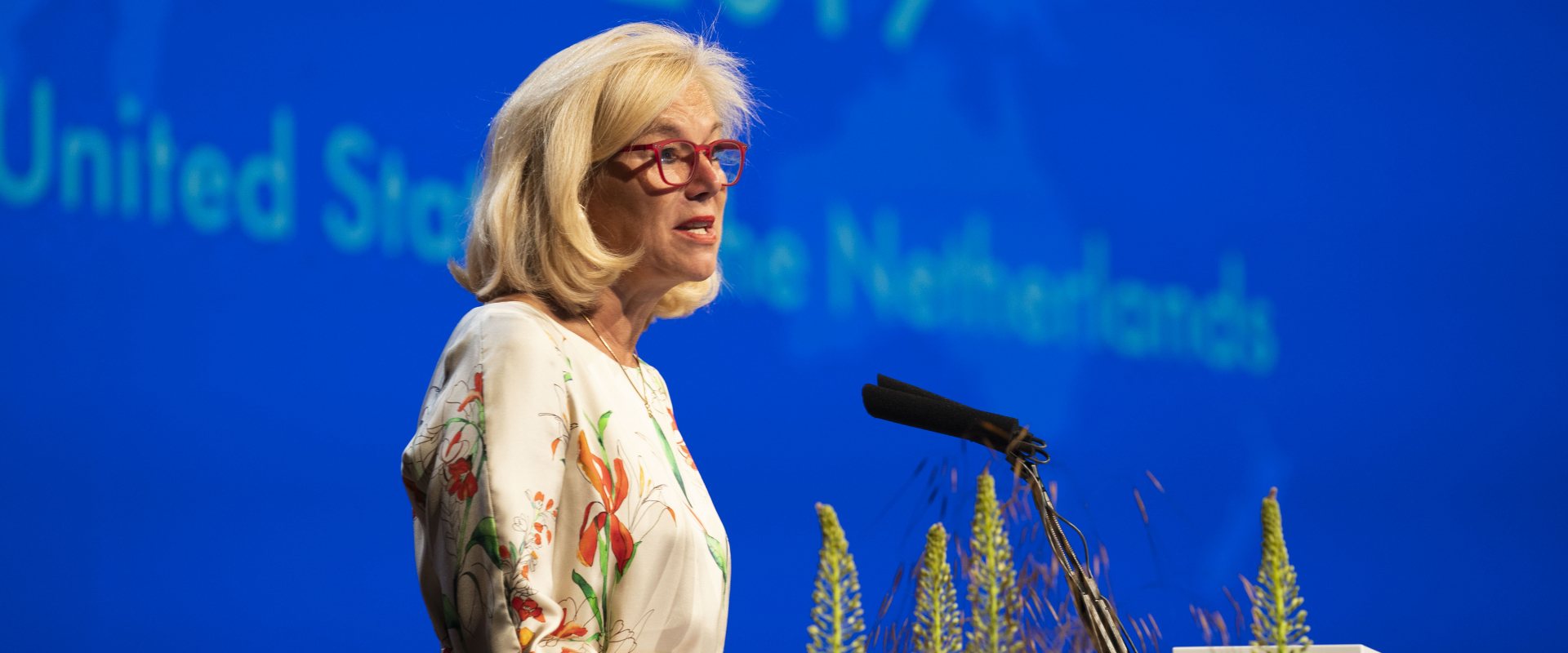
GES2019: Tech-tonic shift can bring global development goals within reach
‘If one looks around, we know that we have all the crucial parts of the ecosystem present to create a tech-tonic shift’, said Dutch minister Sigrid Kaag at the opening of the 2019-edition of the Global Entrepreneurship Summit in The Hague, the Netherlands on June 4.
Kaag sets the scene for the 1,200 innovative entrepreneurs and 300 investors that had gathered at the summit to talk about the roll out of innovative products and services to the global markets of tomorrow.
The first dedicated sessions on water made clear that water scarcity is a major global threat but at the same time an opportunity for entrepreneurs.
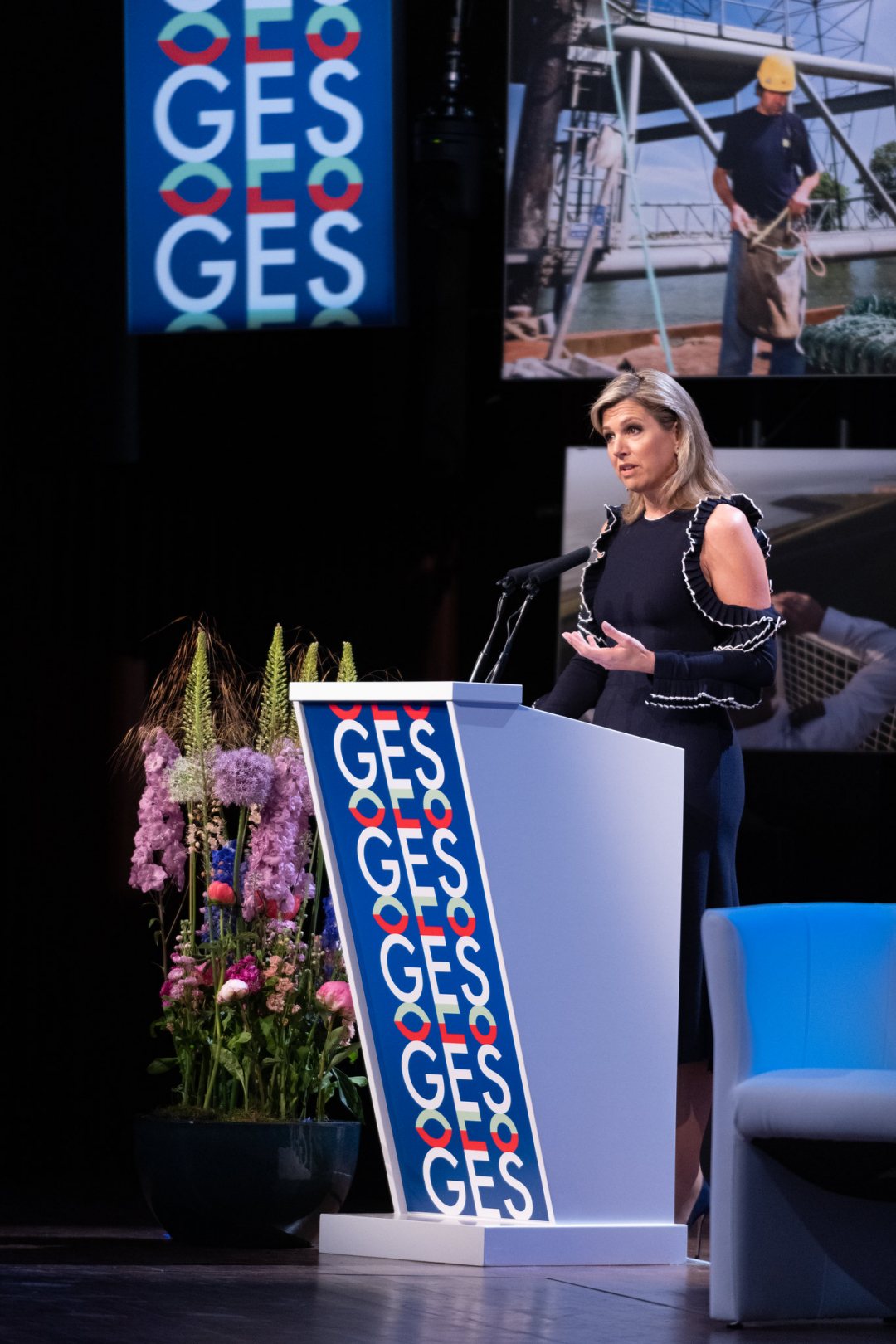

Digital revolution
‘Technology is a game-changer’, continued minister Kaag (on top photo) in her opening speech. ‘It can seriously speed up sustainable development for all – a true digital revolution. Of course, we have to make sure it’s an inclusive, accessible and secure digital revolution’, continued minister Kaag.
Her Majesty Queen Máxima of the Netherlands also referred to the fast development of new technologies in her speech as UN secretary-general’s special advocate for inclusive finance for development. She highlighted the possibilities of the digital world. ‘A combination of tech-led and innovative business models enable SMEs to create new products and services that reach more people at a lower cost, utilize unused assets and build upon data information.’
Queen Máxima: ‘Whole sectors have been transformed, from financial services to food and agriculture, connectivity, energy, water and health care – making these services more efficient and more accessible for even greater portions of the world’s population.’
Many constrains
One of the themes at the summit was water and made entrepreneurs with innovative water solutions meet financers to scale up their business. In three dedicated sessions the entrepreneurs and financers discussed the business constrains for more, larger scale investments to happen.
One constrain is typical for the water market, being the price of water. Despite the growing scarcity in many regions in the world, water remains cheap. Too cheap for many entrepreneurs to present solid business plans minimizing the financial risks for investors.
Adding more value
The summit showed that entrepreneurs, also in the water sector, are passionate and creative enough to find ways around these low water prices. Often heard was the creation of partnership involving knowledge institutes and potential clients. There is also the option to sell water services, instead of selling products. A third option heard at the summit is the adding of value from outside the water sector.
A good example of finding added value is the Dutch company Saline Farming. To address the issue of increasing salination of coastal farmland, the company started to experiment with salt tolerant crops. The company has developed new saline agricultural techniques.
According to CEO Gunnar Larsen his company is now monetizing its knowledge with training centres in coastal areas like Bangladesh. ‘We are training local farmers to work with our techniques and show that they can make money. Our businesscase is that we can sell the special seeds to these farmers that visit our centres’.
Larsen points out that for small farmers seeing is beleiving. ‘Farmers stick to their traditional farming, even if their yield is decreasing as their land is salt affected. The training centres are an essential part of our business plan for global roll out’.





